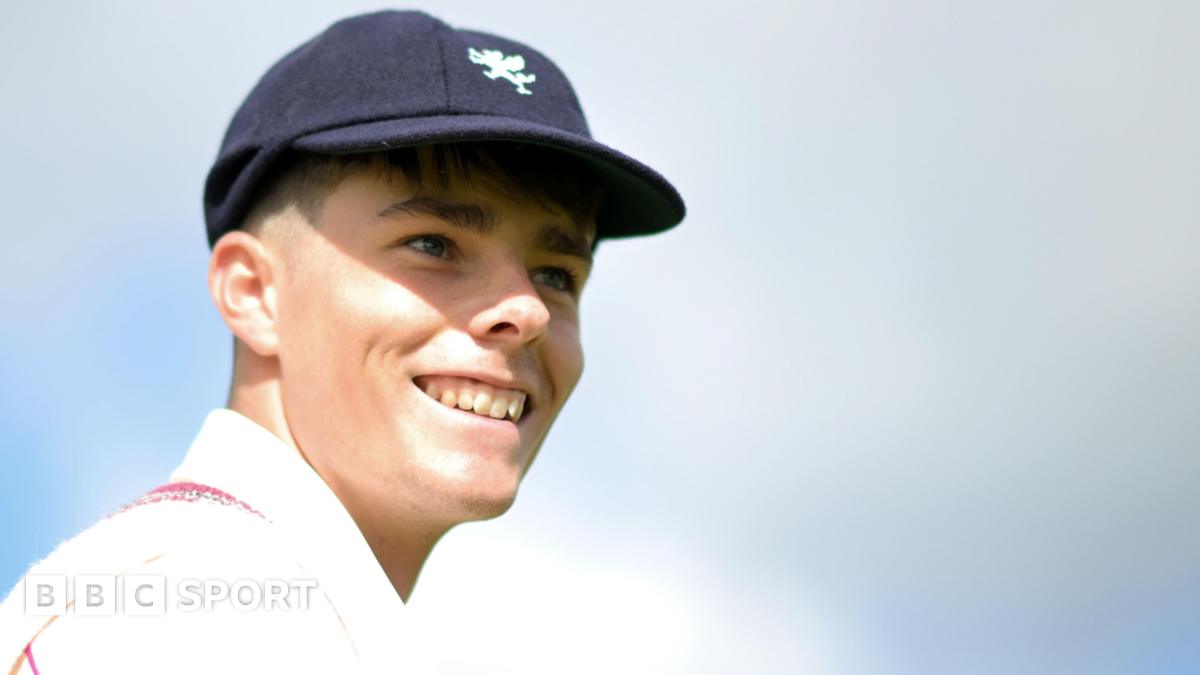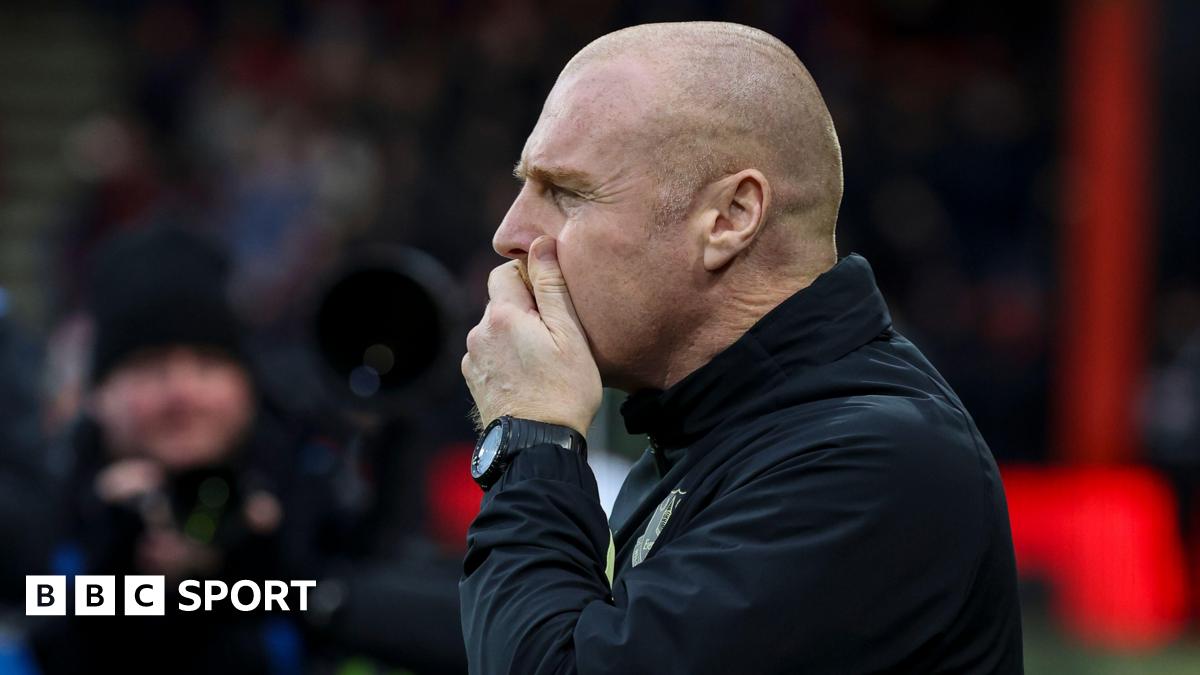I’m an Afghan sportswoman – this is why England should boycott cricket match

Ex-footballer Khalida Popal says ‘the stadiums we played in are being used for executions – a boycott would show our sisters their suffering is not forgotten’
Afghanistan’s female athletes are no strangers to abandonment.
After all, they were pretty much handed the responsibility of saving themselves when fleeing the Taliban following the American military exodus in the summer of 2021.
But even Khalida Popal – the former captain of the country’s national football team and one of Afghanistan’s most vocal proponents for change – admits that she’s shocked at the extent that governing bodies such as the International Cricket Council (ICC) and Fifa have been complicit in marginalising women’s sport in the country.
Urgent action is needed to bring about change – which Popal believes can start with an English boycott of their upcoming match against Afghanistan in the ICC Champions Trophy in Pakistan.
“Listen, the Taliban is the Taliban,” she tells The i Paper.
“They have their own rules and do what they want while giving the impression that they don’t listen to the western world. But the reality is very different.
“A boycott would send out a strong message to the women of Afghanistan that you’re not forgotten and you’re not alone. That’s what we want. We want the world to remember the women of Afghanistan and not forget their suffering.
“As a former athlete and a woman who started playing sport as a tool for activism, that’s our foundation.
“We want to use our platform to be the voice for our sisters who are under the oppression of the Taliban. We want the world to stand with us. I really appreciate that the politicians and the media are with us.”
Women’s sport has been effectively outlawed by the Taliban since their return to power.
Now based in Denmark, Popal herself fled Afghanistan in 2011 following continual threats to her safety as a result of her role in transforming women’s football in the country.
As a child, Popal was introduced to the sport by her mother, a PE teacher, and played regularly with her brothers – who often paid a heavy price for encouraging her to join in their kickabouts.
“I was supported by my family, but I wasn’t supported by my neighbours or my community,” she says.
“My brothers were bullied, they were beaten, just because they were supporting me and allowing me this opportunity. In a society that’s male dominated, the man who stands and supports human rights is seen as weak. That’s the taboo and we’re still dealing with that today – we need to break that culture.”
So far, the silence of Afghanistan’s male cricketers and footballers has been deafening – mirroring the stance taken by both the ICC and Fifa.
“Does it surprise me? No,” she says.
“We want our male sports athletes to take a stand, but we haven’t seen any leadership. No footballers, no cricketers have stood with our sisters and said ‘sport is for everyone’. It doesn’t surprise me because it shows the mindset of a male dominated country.
“For those men it’s like nothing has happened. The women were an additional thing and they’ve just been removed. I’m expecting more from these athletes because the majority of them have been born and raised in the western world and not Afghanistan.”
Being let down by the West has been a common theme, running like a river of failure throughout the lives of Popal and millions of other Afghan women. The Champions Trophy draw has at least served to shine a light on the plight of a generation of female athletes who justifiably feel as though the world has turned its back on them.
In the ICC’s case, the abolition of women’s cricket in the country directly contravenes the terms of Afghanistan’s membership of the organisation. The reality is, though, that the Champions Trophy will be the third major tournament the country has participated in over the past 18 months.
Earlier this week, ECB chief executive Richard Gould said he would “actively advocate” collective action by ICC members rather than direct England to take a unilateral stand. There’s little sign of that happening.
World football’s governing body have been similarly reluctant to take a stance.
“Fifa’s rules and laws state that it’s only the member associations that have the right to recognise a team – and then that team will be allowed to play,” Popal says.
“They’re saying that we have to wait for an organisation that has been corrupt and manipulative even before the Taliban. And now we have to trust them to make allowances for our girls to play?
“That’s an absolute contradiction of Fifa’s own rules and statutes.”
The creation of women’s teams in both football and cricket post-2001, carried with it the promise of a new era for gender equality in Afghanistan.
“Now the stadiums that we played in are again being used for executions and for torture,” says Popal.
While the world watches on, history is repeating itself.
Related
Afghan female Olympian urges England cricketers to boycott Champions Trophy…
Sign up to our free sport newsletter for all the latest news on everything from cycling to boxingSign up to our free sport email for all the latest newsSign up
Worcestershire teen named in England Young Lions squad
Home will compete for the three ODIs and two Test Matches that will commence in January and early February. Part of the Worcestershire academy for th
Archie Vaughan to captain England Under-19s on tour of South…
Vaughan played four first-class and seven 50-over matches for Somerset last season, having made his debut for the county in July.He averaged 33.71 with the bat
Oxfordshire cricketer named England captain for U19 World Cup
Abi Norgrove, who was awarded her first professional contract with Hampshire last month, will lead the 15-women squad at the tournament which begins on Janu












